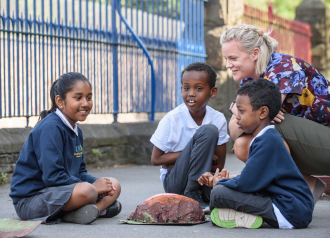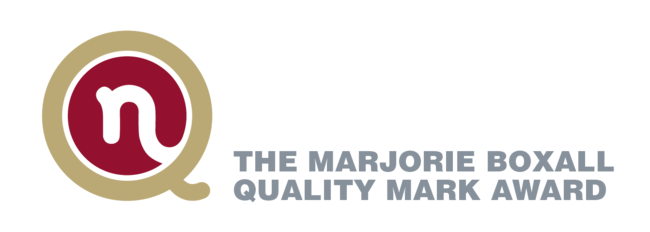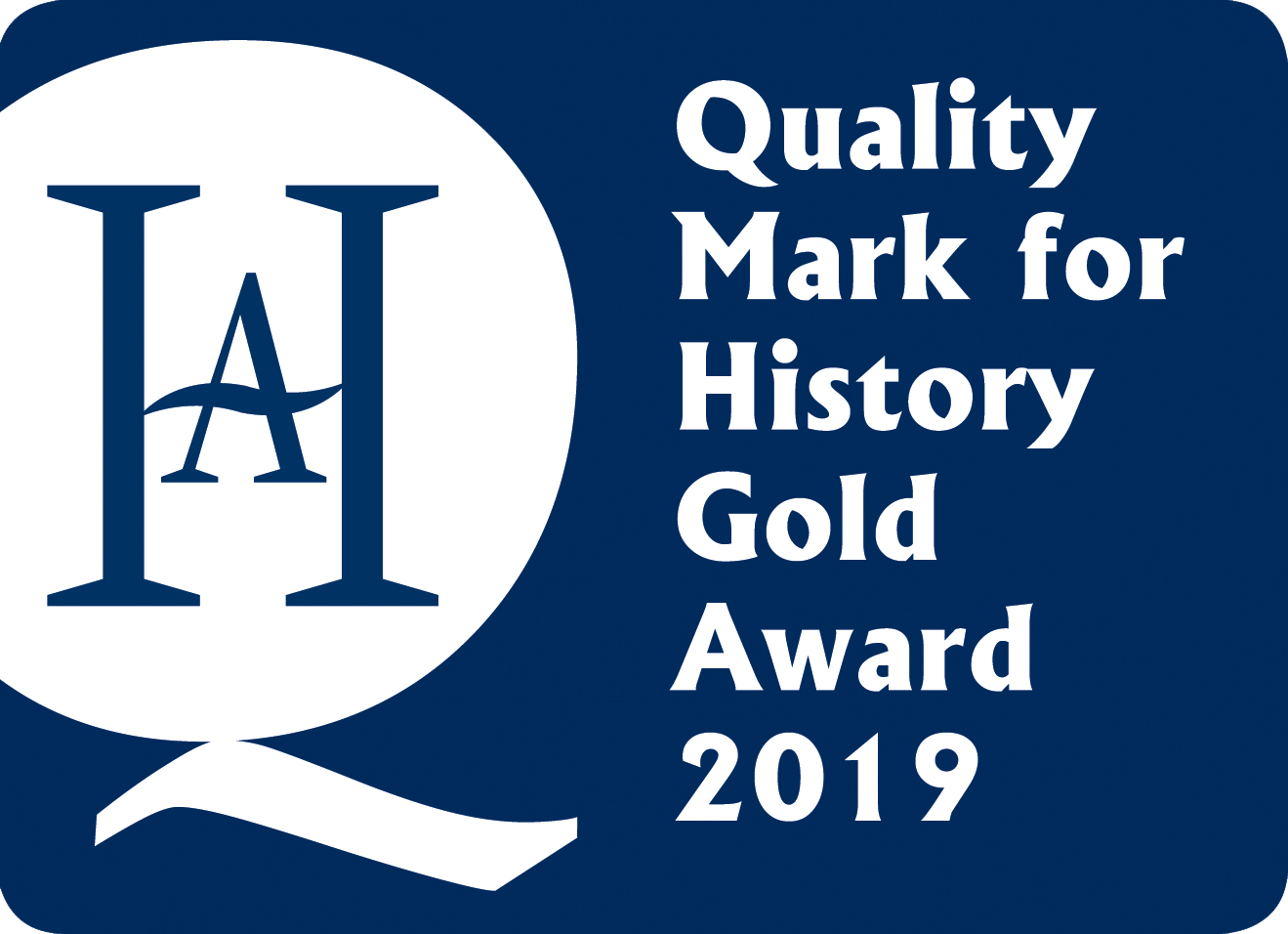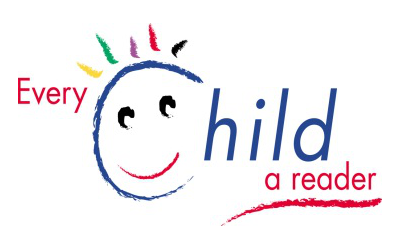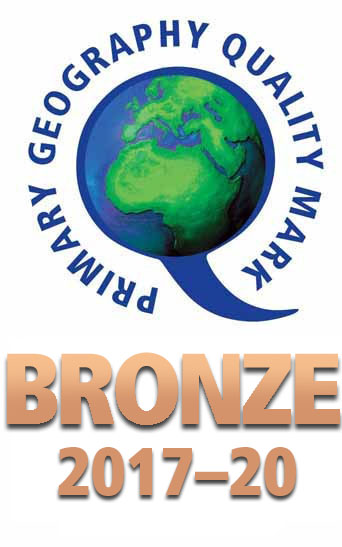Curriculum Intent
At Hannah More we offer an ambitious curriculum that equips all children with the knowledge and skills they need for continued life-long learning. Our curriculum not only meets the formal requirements of the National Curriculum but does so in a way that allows the children to make connections and purposeful links between the different subjects and across different year groups.
Our enquiry approach provides children with a key question. Children work through a series of mini questions that carefully build upon prior learning before ultimately answering the key question. We incorporate various real-life role models and career examples into the curriculum so that when the children ‘become’ Scientists, Musicians or Historians during those lessons, they have a link to the world outside of school that can inspire their learning.
Our bespoke curriculum has been written with the city of Bristol at its heart and celebrates the diverse and culturally rich city that we live in. This means the curriculum is highly relevant and local to our children. We embed Oracy throughout the teaching of our curriculum, which prepares all children to be confident communicators in a range of situations. Our emphasis on developing cultural capital prepares and excites the children for their futures while providing a wide variety of enjoyable and engaging enrichment opportunities.
Curriculum Implementation
At Hannah More we deliver our ambitious curriculum in a carefully thought out way in order to meet its intent. In order to successfully teach enquiry lessons, teachers are provided with enquiry planning documents that have been carefully written by our subject leaders. These documents break down the enquiry into mini questions that are taught across either one or several lessons. Each mini question contains three things: the knowledge that children need to learn, the skills they need to practice and the new vocabulary they need to learn. In addition to the enquiry planning, each curriculum area also has a big picture document which shows how the different ‘threads’ of each subject weave through the enquiries across the whole school. This means that teachers can be explicit with the children about what prior learning they will be using, which is sometimes from a previous year group, and what linked learning they will be doing in the future further up the school.
Enquiry lessons are taught at least 3 times a week and are often interlinked with English lessons, particularly during non-fiction units of work. Making the learning visible to the children is really important to us so the ‘journey’ of each enquiry is both displayed in the classroom and visited at the beginning of each lesson. This encourages the children to reflect upon their previous learning and make links between what they already know and what is coming up. In addition to classroom based lessons, children also have opportunities each term to enrich their learning by going on trips or welcoming specialist visitors into school. At the end of each enquiry children have an opportunity to display their learning through a showcase event. This may be putting on a performance, curating a museum or delivering a presentation. In doing so, the children feel pride in their learning and have the opportunity to show off their oracy skills which have been practiced throughout the term.
Curriculum Impact
As a school we evaluate the impact of our wider curriculum through:
- Lesson observations
- Pupil voice
- Book scrutiny
- Floor book look
Pupils leave Hannah More with a broad and balanced range of knowledge. They have the appropriate skills needed for continuing to enjoy their life-long learning beyond primary school. Having ‘been’ scientists, geographers or engineers, they have a clear understanding of pathways that could lead to different careers and have aspirations for what they could become in the future. Children have a secure grasp of a variety of oracy skills and can converse respectfully with a wide range of people in different situations. They have a strong understanding of the diverse and culturally rich city that they live in and are open to listening to and understanding different viewpoints. Through our constant nurturing, children leave primary school with the ability to make positive contributions to society and the determination to succeed in whatever they chose to do.

